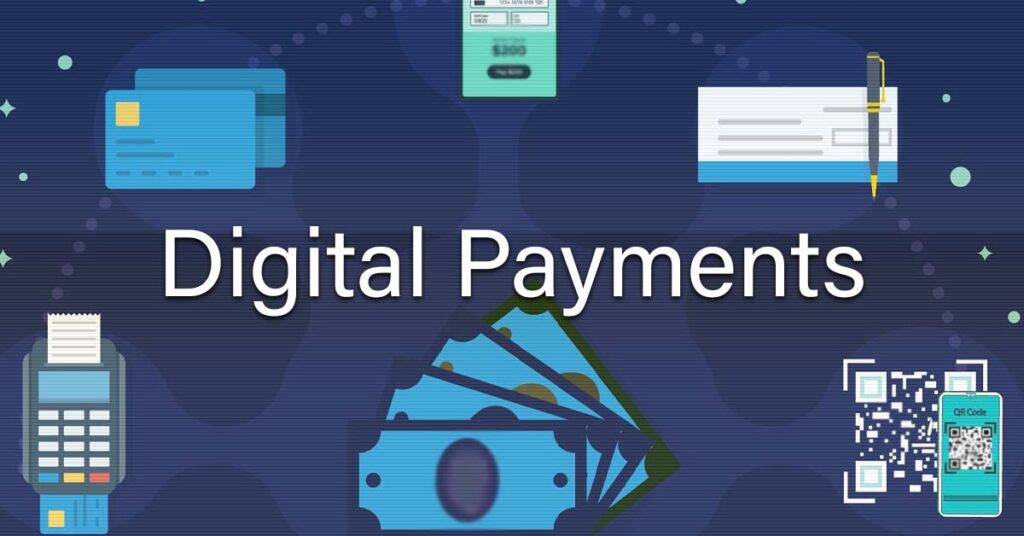The way people pay for goods and services is rapidly changing, with new technologies emerging to make transactions more convenient, secure, and efficient. Mobile wallets and cryptocurrency are two of the most promising developments in this area, and they are poised to transform the way we conduct transactions in the future.
Mobile Wallets
A mobile wallet is a digital wallet that allows users to store payment information, such as credit card numbers and bank account details, on their mobile devices. With a mobile wallet, users can make purchases in-store, online, and in-app, without the need for a physical card or cash.
How Mobile Wallets Work
Mobile wallets work by storing payment information in a secure manner on the user’s mobile device. When the user wants to make a payment, they simply open the mobile wallet app and select the payment method they want to use. They can then complete the payment by tapping their device on a payment terminal, scanning a QR code, or entering a payment code.
Mobile wallets offer several advantages over traditional payment methods. They are more convenient, as users can carry all their payment information in one place and make payments with just a few taps on their device. They are also more secure, as they use encryption to protect sensitive payment information and can be locked with a password or biometric authentication.
Popular Mobile Wallets
Some popular mobile wallets include:
- Apple Pay: A mobile wallet developed by Apple that allows users to make payments using their iPhone, iPad, Apple Watch, or Mac.
- Google Pay: A mobile wallet developed by Google that allows users to make payments using their Android device or Chrome browser.
- Samsung Pay: A mobile wallet developed by Samsung that allows users to make payments using their Samsung Galaxy device.
Future of Mobile Wallets
The future of mobile wallets is bright, as more and more people embrace the convenience and security they offer. Mobile wallets are expected to become even more integrated into our daily lives, with features like loyalty programs, ticketing, and identification being added to the apps.
Cryptocurrency
Cryptocurrency is a digital or virtual currency that uses cryptography to secure and verify transactions and to control the creation of new units. Unlike traditional currencies, which are backed by governments or other central authorities, cryptocurrencies are decentralized and operate on a peer-to-peer network.
How Cryptocurrency Works
Cryptocurrencies work by using blockchain technology, which is a decentralized ledger that records all transactions on the network. Each transaction is verified by other users on the network, and once verified, it is added to the blockchain. The blockchain serves as a permanent record of all transactions, which makes it nearly impossible to alter or manipulate the data.
Cryptocurrencies can be used to make purchases, but they are not widely accepted by merchants yet. However, they can be traded on cryptocurrency exchanges, where users can buy and sell them for other currencies or assets.
Popular Cryptocurrencies
Some popular cryptocurrencies include:
- Bitcoin: The first and most well-known cryptocurrency, created in 2009 by an anonymous person or group using the pseudonym Satoshi Nakamoto.
- Ethereum: A cryptocurrency that allows for the creation of decentralized applications and smart contracts.
- Dogecoin: A cryptocurrency that started as a joke but has gained popularity among some investors.
Future of Cryptocurrency
The future of cryptocurrency is still uncertain, as it is a relatively new technology that is still being developed and refined. However, many experts believe that cryptocurrencies have the potential to revolutionize the way we conduct transactions, as they offer several advantages over traditional currencies.
One advantage is that cryptocurrencies are decentralized, which means they are not controlled by governments or other central authorities. This makes them more resistant to censorship and manipulation. Another advantage is that cryptocurrencies are secure and transparent, which makes them more trustworthy for users who are concerned about fraud and security issues. Additionally, cryptocurrencies offer fast and cheap transactions, making them attractive for people who need to send money internationally or conduct micro-transactions.
As the technology continues to evolve, cryptocurrencies are also being integrated into more mainstream financial products and services, such as exchange-traded funds (ETFs) and online payment systems. This could lead to greater acceptance and adoption of cryptocurrencies by consumers and businesses alike.
Conclusion
Mobile wallets and cryptocurrency are two of the most exciting developments in the world of payments. Mobile wallets offer convenience and security, while cryptocurrencies offer decentralization and transparency. As these technologies continue to evolve and become more integrated into our daily lives, they have the potential to transform the way we conduct transactions and manage our finances. Whether you are a consumer, a business owner, or a financial institution, it is important to stay up-to-date on these developments and understand how they may impact your life and your industry.
Find anything to read on tech bonafide & you can also write for us in technology field.



